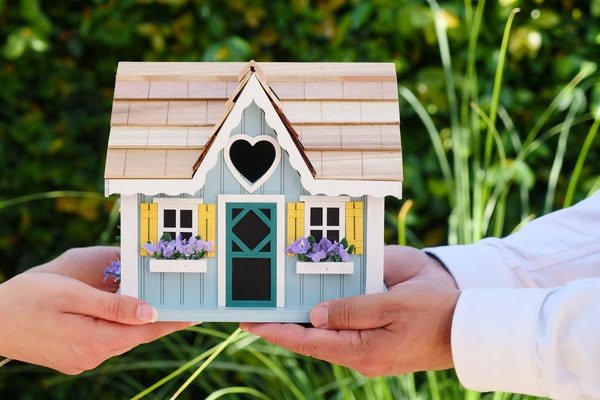Are you considering making the leap into homeownership for the first time? For many Australians, becoming a homeowner is a good choice. Not only are there various advantages to owning a home over renting, but it may also be a terrific opportunity to accumulate money over time. Real estate brokers in numerous housing areas across Australia persuade potential buyers that buying a home is less expensive than renting a comparable property. And, in terms of your mortgage payment against the amount you would pay for rent otherwise, this is typically accurate. However, the mortgage payment is only one of the expenses to be aware of; there may be additional charges that you are unaware of.
Many of the expenses associated with homeownership do not have a price tag when it comes to purchasing a property. Costs may fluctuate and will continue to do so throughout your tenure as a homeowner. While some will only have a one-time impact on your budget, others will be paid regularly – whether annually, monthly, or as required. Knowing what to expect in terms of costs might help you avoid surprises and prepare for them when they do occur. Start with the typical price of a property in your state or chosen location to get a good start on assessing your estimated expenditures. Getting in touch with an expert like Zanda Wealth can assist you in determining the median home value in your region as they are one of the best mortgage brokers in Adelaide. With that in mind, here are some one-time and recurring costs of house ownership that you should be aware of before you begin looking.
Making a down payment
The basic rule used to be that down payment must be at least 20% of the buying price, but house ownership is no longer limited to that. Buyers with a wide range of budgets may now obtain mortgages thanks to a number of financing alternatives and initiatives focused on low- to moderate-income borrowers.
Closing costs
Closing costs are any fees that must be paid in order to complete a real estate transaction. These expenses can be covered as part of your offer, but they’re usually shared between the buyer and the seller. You will be responsible for closing fees as the buyer, typically ranging from 2% to 5% of the home’s purchase price. The exact closing expenses you’ll be paying will be determined by the specifics of your transaction.
Appraisal fee
If you’re seeking a mortgage to buy a house, your lender will almost certainly need you to have a home assessment. The typical cost of an appraisal is $300 to $550, and you will obtain an unbiased assessment of the property’s value (based on its condition, location, and size; current market trends, and recent sales of similar, nearby homes).
Payment of your mortgage
Let’s begin with the most evident cost. When buying your first house, you’ll almost certainly need to take out a loan from a mortgage provider. So, unless you pay cash for your property, you’ll have to make a monthly mortgage payment. A portion of that payment will be applied to your main debt, while the rest will be utilized to pay your lender’s insurance.
Taxes on real estate
You’ll have to pay property taxes on your home every year. Property taxes might vary significantly depending on where you live. If you have a mortgage, your property taxes are usually paid to your lender in monthly installments. The lender will place the cash in escrow and pay your total property tax bill before it is due on your behalf.
Insurance for homeowners
You will almost certainly be obliged to maintain a homeowner’s insurance coverage if you have a mortgage on your property. Even if you buy your house entirely, it’s a good idea to have insurance. In the case of a catastrophic disaster, such as a fire, homeowners insurance can protect you. This fee is usually paid on a monthly basis as well. In actuality, PITI stands for principal, interest, taxes, and insurance, which is a term used to describe the frequently necessary combination of principal, interest, taxes, and insurance.
Homeownership costs as a whole
We recognize that the amount of money you’ll need to become a homeowner isn’t as obvious as it is for other major purchases. However, after you’ve gotten over the math, you’ll be well on your way to becoming a homeowner. While the entire cost of owning a home may appear to be high, keep in mind that you may grow equity in your home on a yearly or even monthly basis, making it a good investment. You may be able to use your equity in various ways, especially if the value of your property rises.

